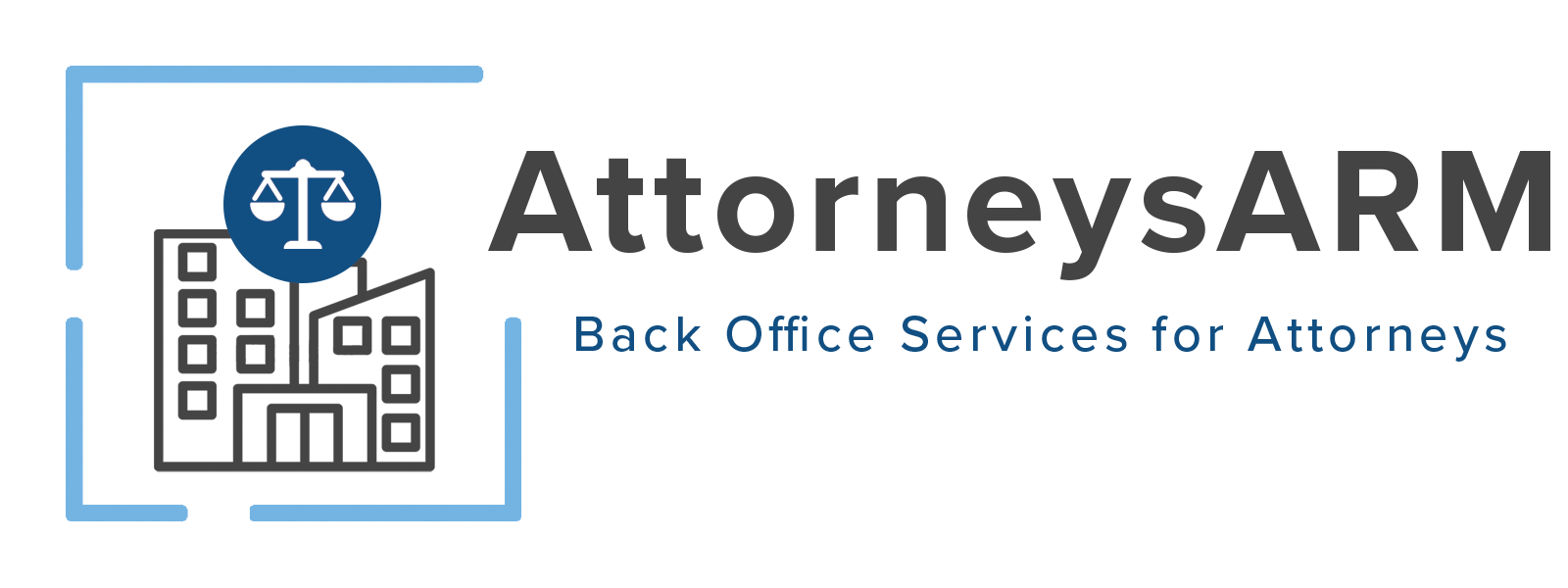Managing accounts receivable is an important part of successfully running your business. Accounts receivable tells you how much money is owed to your business and how much money you’ve received. When this information isn’t accurate, you have no way of knowing whether the business is operating at a loss or turning a profit. If you’re looking to take out a loan or for investors, your accounts receivable will play an important part in how the bank or investor looks at your business. Because accounts receivable management has such a major impact on your business, we’ve put together this list of five tips to help you learn how to manage accounts receivable the right way.
Stay on Top of Your Accounts Receivable
Accounts receivable management isn’t a once a week or twice a month job. Accounts receivable management is a process that should be addressed every day. When you take the time to handle your accounts receivable each day, you’ll have accurate records. You’ll also notice specific payment patterns with clients. You can use this information to reach out before a client’s account is overdue. You can also use the information, such as which services are most commonly used, to improve your marketing.
Use the Right Billing Software for Your Needs
There are a lot of billing software options out there. Are you sure that you’re using one that meets the needs of your business? Another important consideration is whether you’re taking advantage of the features that are offered. Consider the information that you’d like to have from the accounts receivable process. Consider how you’d like payments processed. Some common features you should have in your billing software include:
- The ability to run weekly, monthly, quarterly, and yearly reports.
- The ability to run custom reports.
- The ability to export your files.
- Multiple payment and billing options.
- Hourly time tracking.
Set-up and Follow a Collections Timeline
Many people are unaware that the collections process is part of accounts receivable management. Collections can negatively impact your cash flow and your ability to get a loan as a business. To protect your business, you should set-up and follow a collections timeline. Begin following up on past due accounts a day after the due date. This gives you the ability to ascertain if a client forgot to pay or if they have a question about their bill or a specific reason why they didn’t pay.
When you have established your collections timeline, make sure that your employees and your clients know and understand it. The purpose is to guide the employees and to make sure that all clients are treated the same. If clients know the timeline, they can come to you if they experience a hardship that requires your attention. At that point, you can determine whether to extend a grace period or come up with another solution.
Consider Payment Arrangements on Past Due Accounts
If you have a client whose past due, do you sue them? That might not be your best option. First, review the history of the account. Then, consider setting up a payment arrangement. Most clients don’t stop paying without a reason. The economy can affect individuals and other businesses. Setting up a payment arrangement can ensure that you get paid at least something on a past due account. It can also save an important business relationship even if you don’t plan to offer the past due client your services in the future.
Provide Convenient Payment Options
Finally, you should ensure that your business provides convenient payment options for clients. Giving clients the option to pay online or over the phone could mean that you get paid faster. There are more options than ever before. You’ll want to make sure that the payment processor you choose is in compliance with your industry’s requirements.
Need Help with Your Accounts Receivable Management?
If you need help handling your accounts receivable management, consider Clients ARM. With more than 30 years of experience, Clients ARM provides expert-level support at an affordable price. To learn how we can meet your needs, schedule your free consultation.




